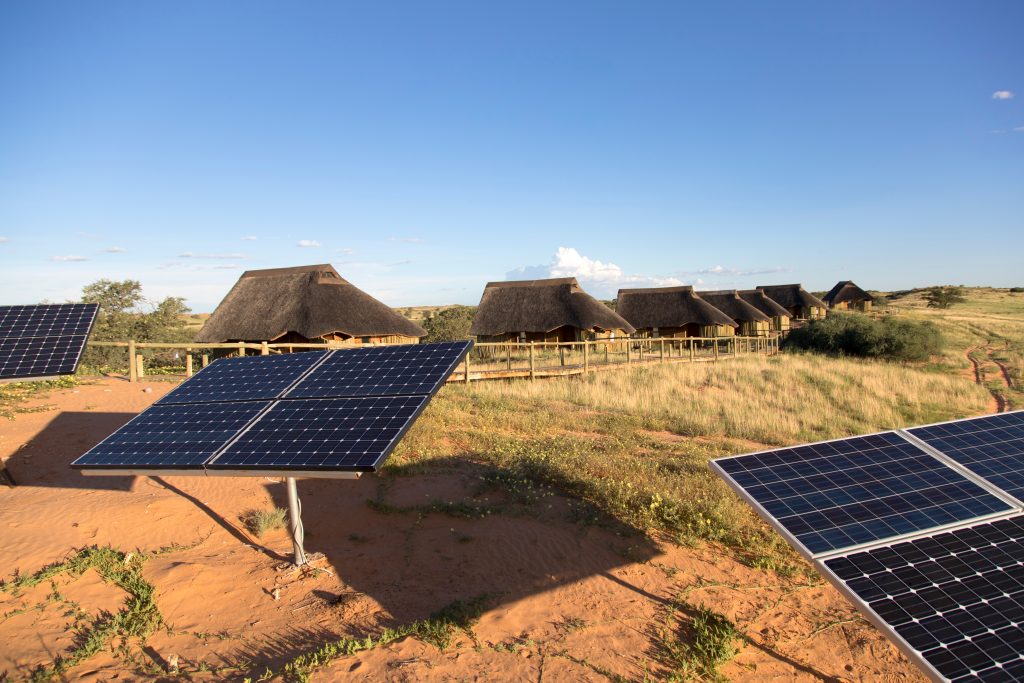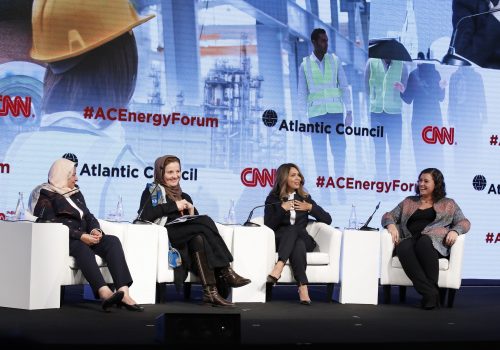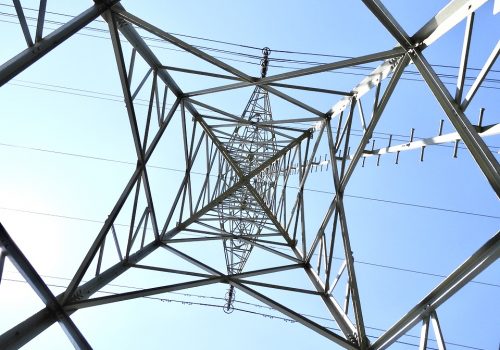A reliable supply of electricity is crucial for responding to the COVID-19 health crisis and boosting economic activity. Governments in many developing countries already struggle to provide their citizens with enough high-quality electricity to satisfy demand. The additional constraints the COVID-19 crisis places upon utilities, and national economies in general, can make the delivery of reliable electricity even harder. In developing countries, billions of people depend upon unreliable and intermittent power, and in sub-Saharan Africa, only 28 percent of healthcare facilities have access to reliable electricity. Expensive, polluting diesel and gasoline backup generators often serve as makeshift solutions to shore up discrepancies in electricity supply. According to an International Finance Corporation report, there is an estimated 245 to 350 gigawatts of these generators connected to the grid in the developing countries included in the model—equivalent to the near total installed capacity of India. However, distributed solar energy and battery storage can provide consistent, affordable, and pollution-free power globally, while also creating jobs that incorporate local talent—especially from groups underrepresented in the labor market such as women and low-income workers.
Over the last decade, the cost of solar photovoltaic (PV) energy has plummeted, and lithium-ion battery costs have followed a similar trajectory downward. Distributed solar PV accounted for 40 percent of the total solar PV capacity installed globally in 2018—in many countries at a cost below the retail electricity rate. Battery storage, which enables the use of stored solar PV electricity after generation, has seen an 80 percent reduction in cost over the last five years, and distributed, behind-the-meter storage accounted for more than half of the total energy storage deployment in 2019. As costs for solar PV and batteries continue to fall, decentralized energy solutions have emerged as a clean and cost-effective way to provide reliable power. Diesel-generated electricity is already more expensive than solar and batteries in many locations, particularly in remote areas where fuel delivery is a challenge. In 2017, in India, Kenya, and Nigeria the electricity produced from diesel generators was 30 percent more expensive than that produced from solar panels (and stored in batteries).
Solar energy and battery storage systems have also helped to create local jobs. Their distributed nature makes them more job-intensive across the whole value chain, with implications for manufacturing, sale, design, installation, and maintenance. Women and members of low-income households can be equipped with technical skills for the installation, operation, and maintenance of distributed solar PV systems, creating well-paid, local employment opportunities.
Utilities, given their close relationship with customers, are uniquely positioned to benefit from the strategic installation of distributed solar PV systems. Technical and financial opportunities provided to energy companies include: low-cost power generation, reduced electricity loss, improved energy reliability, increased electricity bill collection, and new customer acquisition. Other benefits of distributed solar include deferring or eliminating expensive grid investments and increasing consumer choice, among others; more information can be found in the International Energy Agency 2019 Renewables report and the Greening the Grid 2020 report.
However, current challenges facing utilities include coronavirus-related revenue losses due to: (i) falling electricity demand, especially from commercial and industrial customers, and (ii) payment deferrals from residential customers, who while using more energy now have fewer financial resources to pay their household electricity bills. Governments in countries like Tunisia and Brazil have suspended electricity disconnections to protect customers and are providing fiscal relief to support utilities throughout the crisis.
To power the COVID-19 response and boost the economy, local governments should consider installing distributed solar energy systems and battery storage in public buildings, low-income housing, and healthcare facilities.
Public buildings such as offices and schools can install rooftop solar to deliver electricity in line with demand and minimize the effects of bi-directional electricity flows on the grid. In Bangladesh, the solar industry is pushing to develop these types of projects as a means to create jobs in manufacturing and installation.
For low-income residents who may have difficulty paying their utility bills, rooftop solar systems offer a low-cost electricity option. Additionally, demand for solar panel installation creates training and employment opportunities and helps utilities cut their financial losses by reducing the energy consumption of non-paying customers. Alternatively, on-bill financing is a proven business model that allows low-income customers to benefit from distributed resources and overcome hurdles related to high upfront costs.
For healthcare facilities, a reliable electricity supply is essential to fighting coronavirus. Distributed solar energy coupled with battery storage offers consistent, affordable, and carbon-free power. A new free tool supported by the World Bank helps to “solve electricity shortages” for healthcare facilities that screen, test, and treat COVID-19 patients.
Due to coronavirus, the distributed solar and battery storage sectors have been disproportionately affected by falling demand for distributed energy systems and lockdown measures that have limited face-to-face activities traditionally associated with sales, installation, and maintenance. The International Renewable Energy Agency assessed several energy transition investments for post-COVID recovery. Distributed PV, and solar PV in general, is cited as one of the recovery solutions most capable of generating value for national economies across the board; timeliness, the ability to leverage private capital, job creation, and environmental benefits are just some of the advantages solar energy offers. Due to their wide-ranging local benefit potential, investments in distributed solar energy and battery storage are key to rebuilding economies and developing inclusive energy systems with reliable, affordable, and non-polluting electricity.
Sandra Chavez is a Women Leaders in Energy Fellow at the Atlantic Council’s Global Energy Center and a contributing author to a forthcoming report on distributed PV by the World Bank’s Energy Sector Management Assistance Program.
Learn more about the Global Energy Center

The Global Energy Center develops and promotes pragmatic and nonpartisan policy solutions designed to advance global energy security, enhance economic opportunity, and accelerate pathways to net-zero emissions.
Image: Solar panels in Kgalagadi Transfrontier Park, Kalahari Desert, Botswana (Gaston Piccinetti/ShutterStock)



